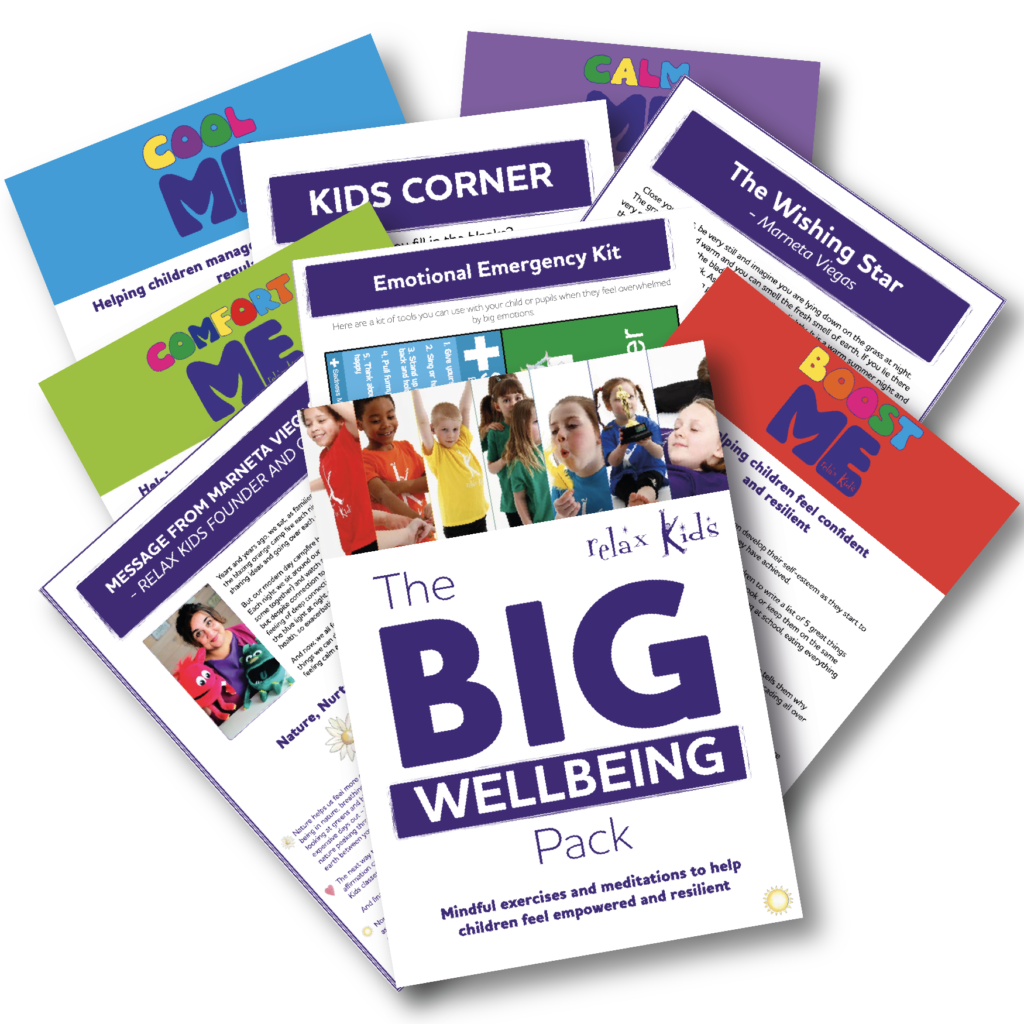[cjtoolbox name="Current Coach"]
Self-regulation resources and training to support children’s mental health
Self-regulation resources and training to support children’s mental health

There has been much in the press regarding children’s sleep issues
and the effects it can have on later life.
When you get past the early years, where kids share your room; you would hope that once they move into their own domain, they are able to control their sleeping routine. However, this is not normally the case.
I often hear stories about children having restless nights, which in turn then affect the parents sleeping patterns – not great when you work full time. Of course, parents cannot be expected to have their children sleep in the same room as them forever – so how can you help them drift off soundly without being there? And equally, why is it so important that they get a good night sleep?
Research publicised by the Daily Mail suggests that bad sleep patterns as a child can lead to issues that develop in our teens and later adult life. Meaning that the issues that we read about so often at present, for example, teen drug and alcohol abuse can stem from bad sleep patterns at young ages. Who wants to hear that their child has been involved in such an incident? As parents – don’t we just want our kids to be happy and healthy?
I can appreciate that there is lots to distract children – the rise of the internet, the over use of mobile phones (and early use!), flashy TV shows and exhausting hobbies all play their part. But as adults, we have to appreciate that the world is bound to develop around us and so, we need to actively help manage our children’s sleeping routines, no matter the external factors that exist at the present time.
Some adults do not fear about their children having late nights and encourage them to stay up with them. Some adults have the attitude that kids are young and can handle the lack of sleep, because (and I quote a parent attending one of our relaxation workshops) the kids are ‘full of life and young enough to – if I can handle it and I am 423, they can!’ But whilst our brains are still developing until the age of 21 – the loss of sleep affects children and not adults and therefore, this statement made by one of our parents is a very damaging assumption to make.
After explaining the dangers and risks, needless to say, this parent had a rethink how they manage their household.
There are several ways to help manage your child’s sleeping structure that can be incorporated into any home.
Don’t let them worry: Did you know that the recent recession has lead to 1 in 5 kids being diagnosed with mental health issues (The Telegraph 2009). Kids feel your stress and have their own problems with school and peer pressures. You can set an example by using a diary to rid yourself of negative thoughts and they may do the same – meaning their head is clear before they sleep. Or why not give them a ‘worry jar’ to keep all their bad thoughts in – it offers the same solution.
Stick to times: Even in the holidays – try not to let their sleeping pattern deviate from their regular routine by more than an hour at weekends and in the holidays. This should help discipline their bodies and train their brains to be active at peak times and relaxed while they sleep – in contrast to no consistency when they have broken sleeping patterns.
Foods: Did you know that snacks such as Marmite on toast and Oat Biscuits contain Tryptophan – an amino acid which is set to aid sleep. So when hunger strikes late at night, opt for these savoury choices instead of giving your child sugar full treats which will give them energy!
Lighting: There are lots of ways to make your child’s room more relaxing all with a few flicks of switches! If you are feeling fancy, get dimmer switches fitted or for a cheaper alternative, you can now purchase alarm clocks that light up the whole room on a timer, so your child can feel like they are waking up to a spring morning – even in the middle of winter when it is grey outside.
Environment: Turn the TV down and keep calm music for after a certain time so that the whole atmosphere of your house is relaxed. You could even create a relaxation space in your home – perhaps make a corner of a room a dedicated space for chilling out. Put down some comfy cushions and throws and make a rule that you can only chill out in that space if you are in your pyjamas and will be calm and serene.
Relaxation time: Make sure that your kids wind down before bed – exercise too close to sleep time will only encourage them to stay up longer. There are many exercises that you can try to help your children relax in the lead up to sleep time.
Apply Now!
Relax Kids Training


By submitting this form you agree to the Terms and Privacy Policy of Relax Kids Ltd
RELAX KIDS LTD
Merchant House
5 East St Helen Street
Abingdon
OX14 5EG
+44(0)7778 435743
Latest News
New Stories
Affiliate
Become an Affiliate

